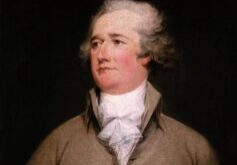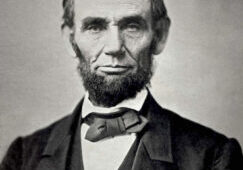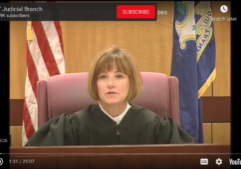Alexander Hamilton - Mediator & Arbitrator
by Judge Elaine Gordon (ret.)
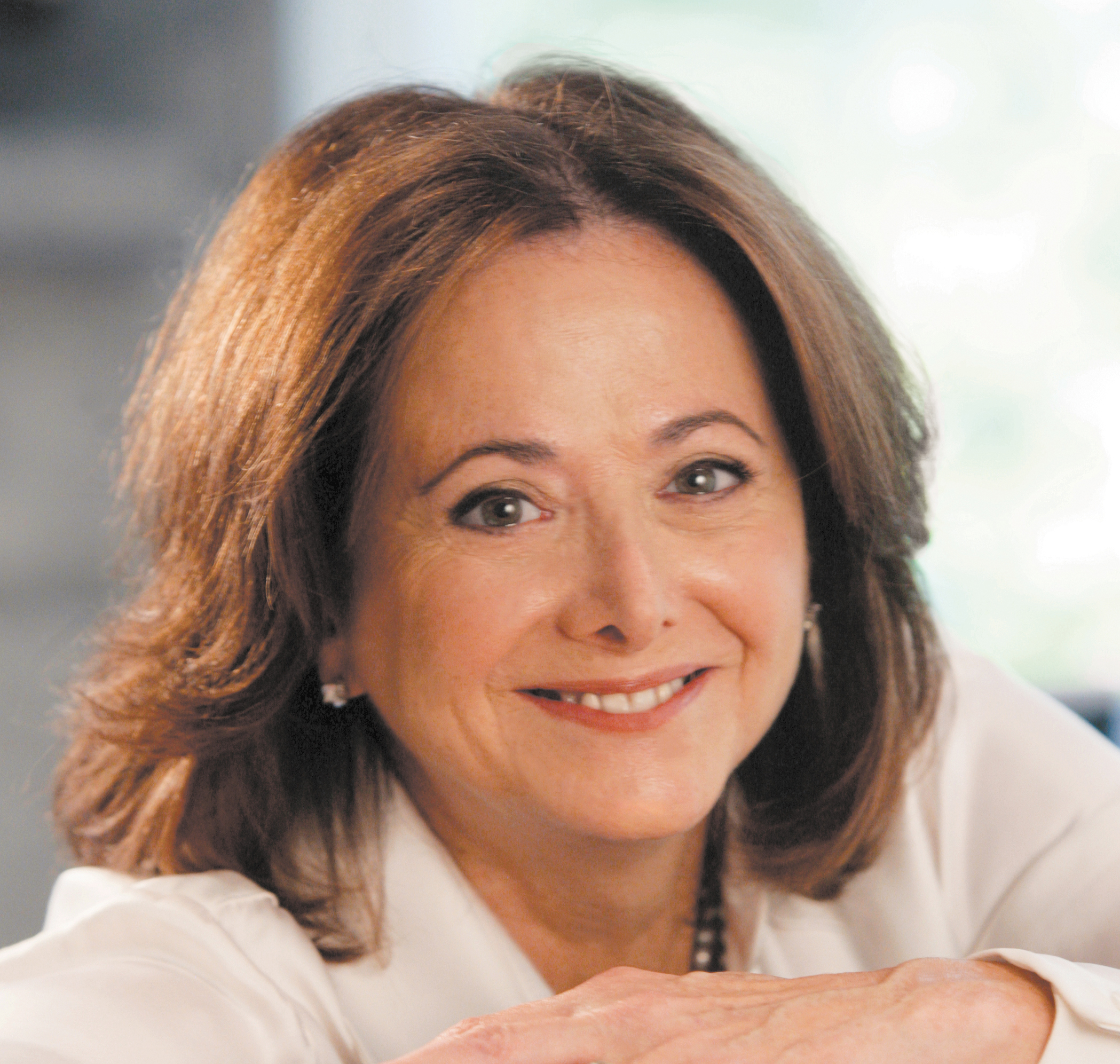
Elaine Gordon is a retired Superior Court judge and founder of Gordon ADR. She is a member of the National Academy of Distinguished Neutrals and a Distinguished Fellow of the International Academy of Mediators.
A Note from Judge Gordon
I hope you are enjoying this beautiful summer. Recently, I returned from the west coast where I made a presentation on arbitration issues at a national forum. I promise never to complain about Connecticut traffic. For those of you who have been caught in Los Angeles traffic, you certainly know what I mean.
This month’s column is about Alexander Hamilton. You may have heard somewhere there is a play on Broadway about him. I just couldn’t resist the temptation to jump on the bandwagon. Although he is much more famous for other things, Hamilton was a pioneer in Alternative Dispute Resolution before it even had a name.
Last month, the Middlesex bar and court house personnel honored me for my service on the bench in Middletown by hanging my portrait in the courthouse. I was especially grateful because I was the first woman judge to be so honored.
Thank you to everyone who made this event so special for me and my family.
After the war I went back to New York. I practiced law, Burr worked next door (i)
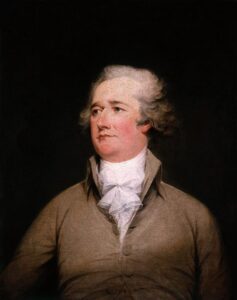
Lin-Manuel Miranda’s Broadway phenomenon Hamilton portrays the life of Alexander Hamilton and the origins of our nation with momentum and intensity. Understandably, there is only a whistle-stop mention of Hamilton the lawyer, presented to enhance our understanding of his relationship with Aaron Burr.
But in this year of all things Hamilton, I could not resist the temptation to find out how Hamilton, a genius of argument, and as Ron Chernow, his biographer, described him, “the human word machine,” practiced law. Cursory research reveals Hamilton was a strong proponent of settlement and arbitration. He favored these over litigation when representing his clients, and served frequently as a mediator and arbitrator himself.
Robert Troup, a lawyer and Hamilton’s close friend since their days at Kings College, wrote in 1821:
The General (Hamilton), in the practice of law, was literally a peace-maker. His invariable object seemed to be to discourage law suits, and to reconcile differences. And this character, united with his eminent qualifications for sifting right from wrong, in many cases made him a sole, and in others a joint, arbitrator for determining controversies. And it was not an uncommon thing for persons to take his opinion, and to be governed by it in settling disputes, without clothing him with arbitration powers.
Hamilton could be the fiercest of advocates, yet he favored settlement or arbitration over lawsuits. He wrote of arbitration “Who are more capable of proceeding with dispatch than arbitrators, untrammeled with legal forms.” Like Abraham Lincoln some years later, he discouraged litigation because he understood that time, distraction and risk are costs which should be considered and avoided if possible.
Hamilton was not alone in his views during his time. George Washington included a clause in his will calling for a three-person arbitration panel to resolve any dispute over the distribution of his estate. Even earlier, in 1635, the participants in a Boston town meeting agreed that the inhabitants of the town would settle their disputes “amicably by arbitration ... without recourse to law and courts.” In Quaker communities a two-step process akin to mediation followed by arbitration, was instituted.
Probably the most interesting piece of Hamilton history I found was again recorded by his friend Troup, in which he writes of a visit with Hamilton the day before his fatal duel with Burr. In it we see Hamilton, “a mind at work,” (ii) described as doing, with great commitment, the work he valued and in which he believed.
In the afternoon of the day preceding the fatal duel, and immediately after finishing an elaborate opinion on a case submitted to him, the General called to see me the whole tenor of the General’s deportment, during the visit manifested such composure, and cheerfulness of mind, as to leave me without any suspicion of the recontre that was depending. As the company of Hamilton sings:
How do you write like tomorrow won’t arrive
How do you write like you need it to survive
How do you write every second you’re alive.
Every second you’re alive, every second you’re alive (iii)
- “Non-Stop;” Lin-Manuel Miranda, Hamilton
- “The Schuyler Sisters;” Lin-Manuel Miranda, Hamilton
- “Non-Stop;” Lin-Manuel Miranda, Hamilton




















